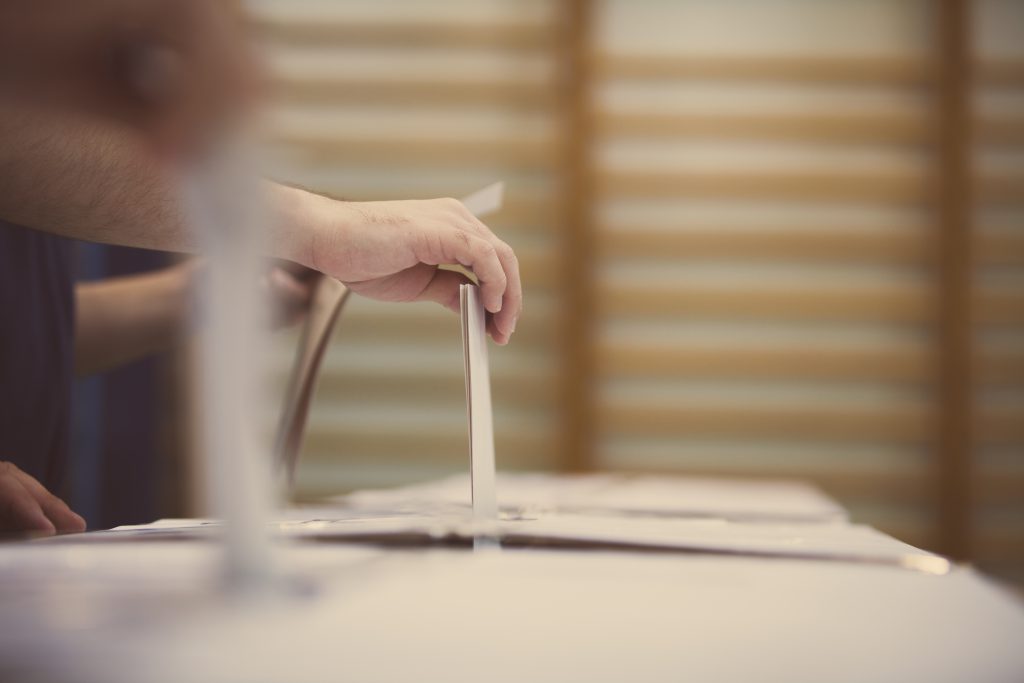Reining in the power of incumbency

When an election is on the horizon whoever is power will to some degree or another use such position to his or her advantage in an attempt to preserve the status quo – what is universally known as the power of incumbency. While this happens at every level ranging from clubs, NGOs and federations, it is arguably mostly prevalent on a political level. In Malta, you can tell an election is coming. All of sudden candidates or incumbent MPs and Ministers, tend to pop out of nowhere on your doorstep for an unexpected house visit. Meanwhile, doors for opportunities which seemed to have been kept shut for ages start to open, be it jobs or promotions within State entities, or capital projects which finally start to materialise after having been in the offing for an eternity.
At present there are already signs that the wheels of the power of incumbency are in motion. One can tell which electoral district a specific minister will be contesting just by taking a look at the project being unveiled. More often than not this is the time when they tend to forget about the rest of the country and focus all good initiatives in their own backyard. These range from roadworks, landscaping projects, housing and even cultural activities. In a certain sense, even candidates within the same party in government are punished as they cannot keep up with incumbent ministers. Historically there have been some quite spectacular examples of how the party in government seeks to take advantage in the hope it translates to votes when the country goes to the polls. The 8,000 jobs distributed in the weeks prior to the 1987 or the host of promotions in the armed forces prior to the 2017 general elections are just two examples. The repercussions are not just electoral, but also financial, are taxpayers are the ones who ultimately have to bear the brunt to finance such expenditure for decades.
Clearly, the present situation warrants urgent action. As expected, the issue has been flagged from time to time by the party in Opposition – Alfred Sant after the 2008 general election in which the PN was re-elected with a wafer-thin majority and more recently when the roles were reversed in the aftermath of the 2017 general election. In the latter case the PN lobbied to agree on a set of regulations as part of the Constitutional Convention. The other side of the coin is that no party in power is keen to relinquish such commanding position.
Had there been a constitutional provision regulating recruitments on the State payroll or promotions in the six months preceding the general election, things could have been different. But how can such mechanism be triggered if the election date is the sole and exclusive prerogative of the prime minister? A possible solution could be having fixed-term elections. Under this model election dates are fixed just like the local council elections or on a larger scale the US presidential election. The only exception would be if the government loses a confidence vote. This means that the sitting prime minister will no longer have the privilege to choose the ‘best moment’ to face the electorate – such prerogative will rest on the MPs. More significantly, it will make it possible to enforce certain provision aimed to limit the power of incumbency. Moreover, it will also mean less uncertainty in the final year of the legislature. Critics may point out that the introduction of fixed-term election in the UK a decade ago was a failure. This was mainly due to the fact that during the Brexit saga it resulted in a political crisis as the parties in Opposition refused to back an early election despite the Tory government having lost its parliamentary majority. Nonetheless, it would be a mistake not even having a debate on the possibility of having fixed-term elections. If we truly aim to have a country based on meritocracy rather than rampant clientelism, this must be the first step.
